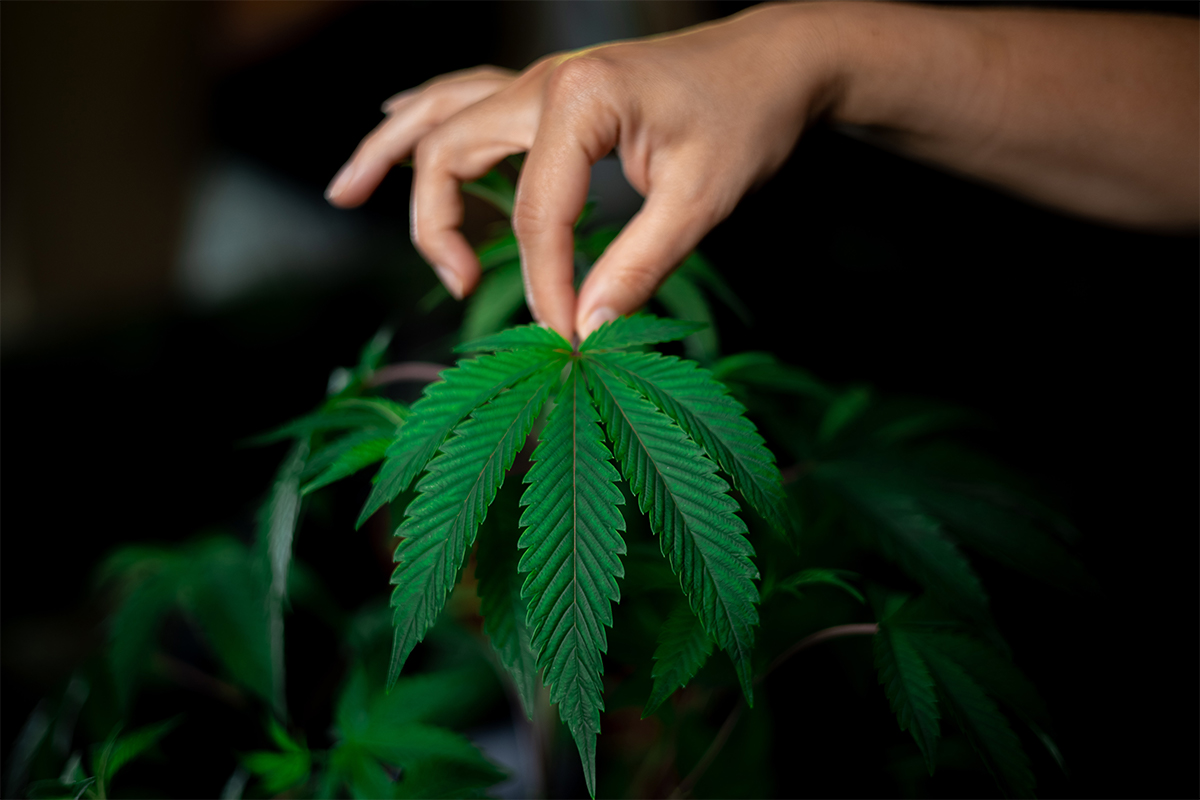As the hemp industry in the United States continues to grow, one of the most important (and sometimes confusing) aspects is the transportation of hemp. Whether hemp is being shipped across town or across state lines, farmers, processors, and distributors need to follow specific regulations to ensure compliance and avoid costly legal issues.
Is It Legal to Transport Hemp?
Yes — under the 2018 Farm Bill, the transportation of hemp is legal across the United States, as long as the hemp contains less than 0.3% THC. This applies to both raw hemp and processed hemp products like fibers, seeds, and CBD extracts. However, since hemp is a close cousin of marijuana, confusion often arises with law enforcement, especially during interstate shipments.
Key Regulations for Hemp Transportation
If you’re transporting hemp in California or across the U.S., here are the main requirements to keep in mind:
Certificates of Analysis (COA):
Every hemp shipment should have lab results proving that THC content is below 0.3%. This is the primary piece of evidence that separates legal hemp from illegal cannabis.
Licensing and Permits:
Farmers and distributors must carry state-issued hemp licenses or registration documents. Regulations vary from state to state, so always confirm requirements before shipping.
Bill of Lading / Shipping Documents:
A complete paper trail — including invoices, shipping manifests, and origin/destination details — should accompany every hemp load.
Interstate Transport Protections:
The 2018 Farm Bill prevents states from prohibiting the interstate transport of hemp, but some states still impose extra requirements. Staying informed is essential.
Challenges in Hemp Transportation
Even with federal protections, hemp transportation faces unique challenges:
Law Enforcement Confusion: Hemp looks and smells like marijuana, which can lead to detentions or seizures if documents are missing.
Inconsistent State Laws: While hemp is federally legal, some states enforce stricter THC limits or additional transport requirements.
Insurance and Liability: Not all insurance providers cover hemp shipments, making it vital to choose carriers with hemp-specific experience.
Best Practices for Safe Hemp Transportation
To minimize risks and delays, hemp businesses should:
Carry All Documentation: Always have COAs, hemp licenses, and shipping paperwork in the vehicle.
Use Specialized Carriers: Partner with logistics companies familiar with hemp regulations.
Track Shipments: GPS tracking and digital logs add security and transparency for both sellers and buyers.
Educate Drivers: Drivers should know what documents they carry and how to explain hemp legality to law enforcement.
Hemp Transportation in California
California’s large-scale hemp industry makes transportation especially important. With ports, highways, and international distribution hubs, California is a gateway state for hemp exports. Businesses here often transport hemp not only within the state but also across the country and into global markets. Ensuring compliance with both California hemp laws and federal regulations is essential for protecting the industry’s credibility and growth.
Final Thoughts
The transportation of hemp is a critical part of the supply chain, but it comes with legal and logistical complexities. By following federal guidelines, carrying proper documentation, and working with experienced logistics partners, hemp businesses can safely and legally move their products to market.
As the hemp industry continues to expand, improving transportation standards will help build consumer trust and support the long-term success of California hemp.

